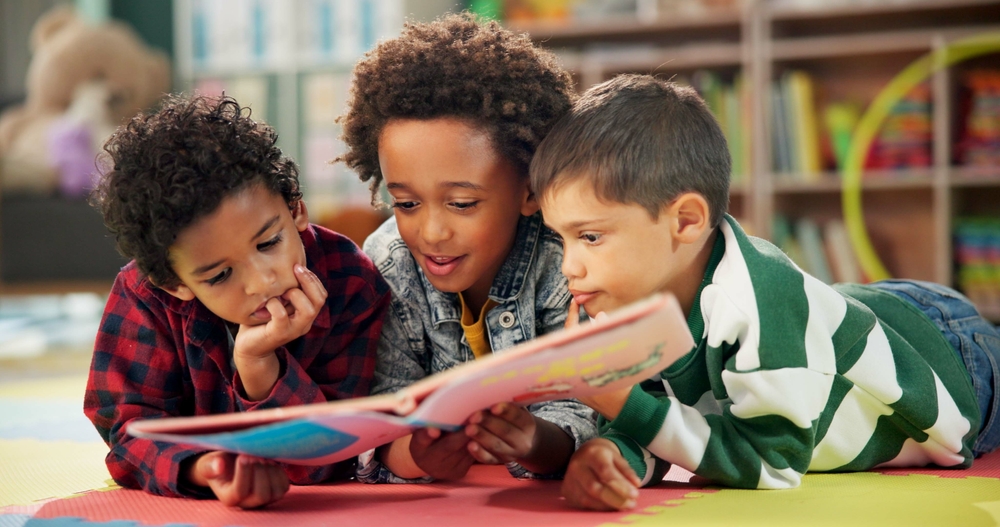Unpacking the Science of Reading: Evidence-Based Approaches to Reading Instruction
Strategic planning is an indispensable element when integrating the Science of Reading into literacy programs. It involves carefully crafting a roadmap that outlines the necessary steps and measures for successfully embedding scientifically-backed reading and writing instruction into an educational curriculum. This process must be thoughtful and precise to meet the diverse literacy needs of all … Read more

 Español
Español




